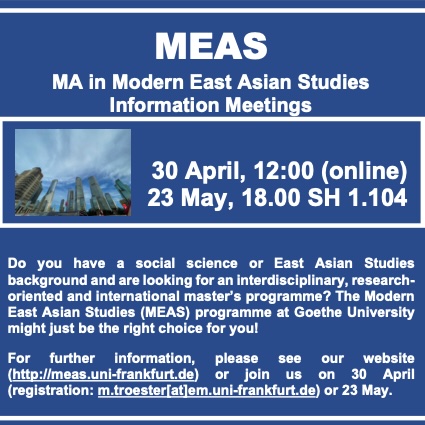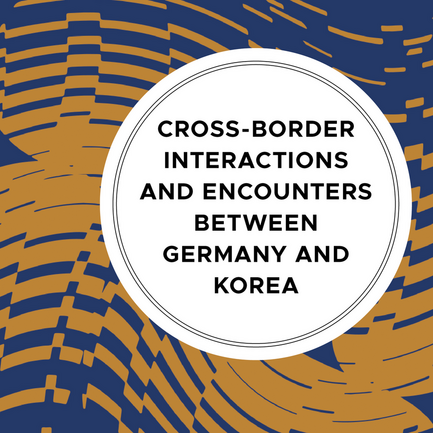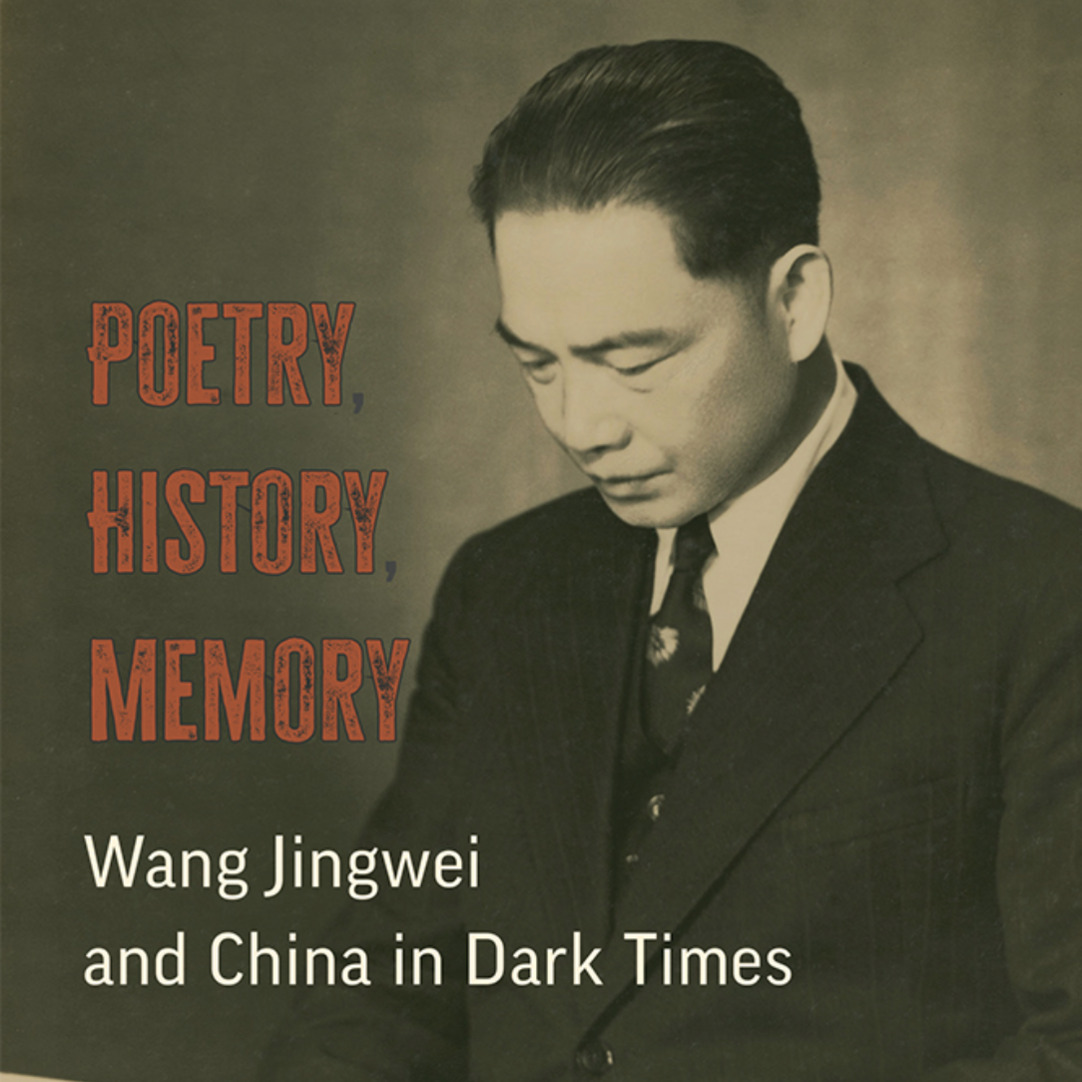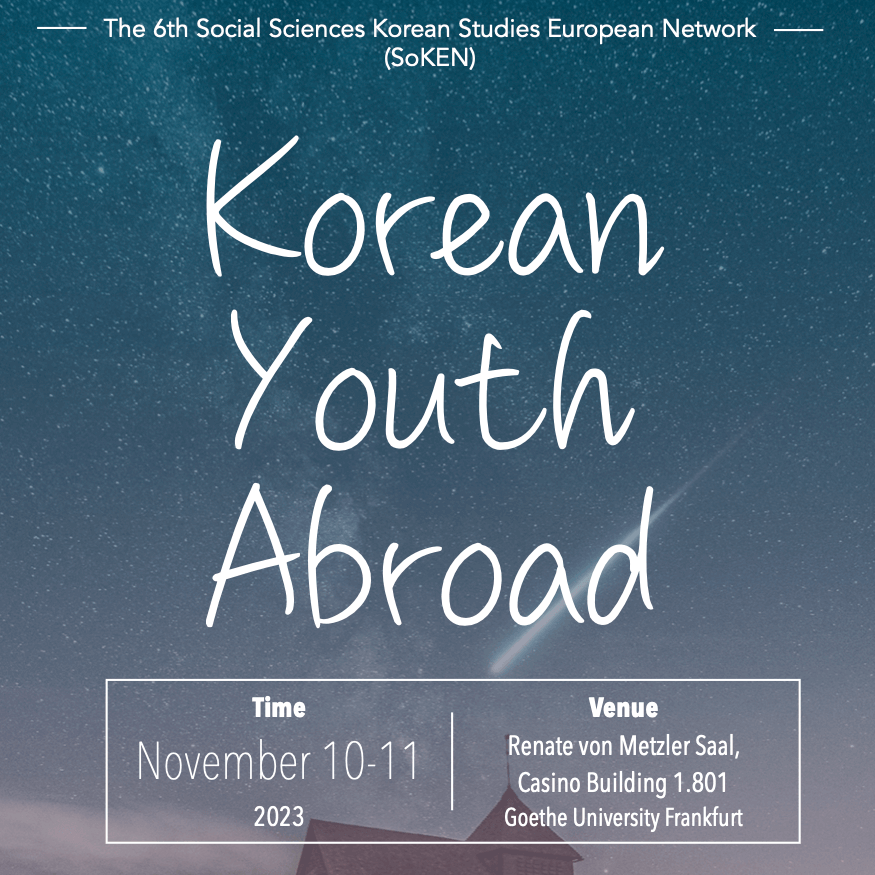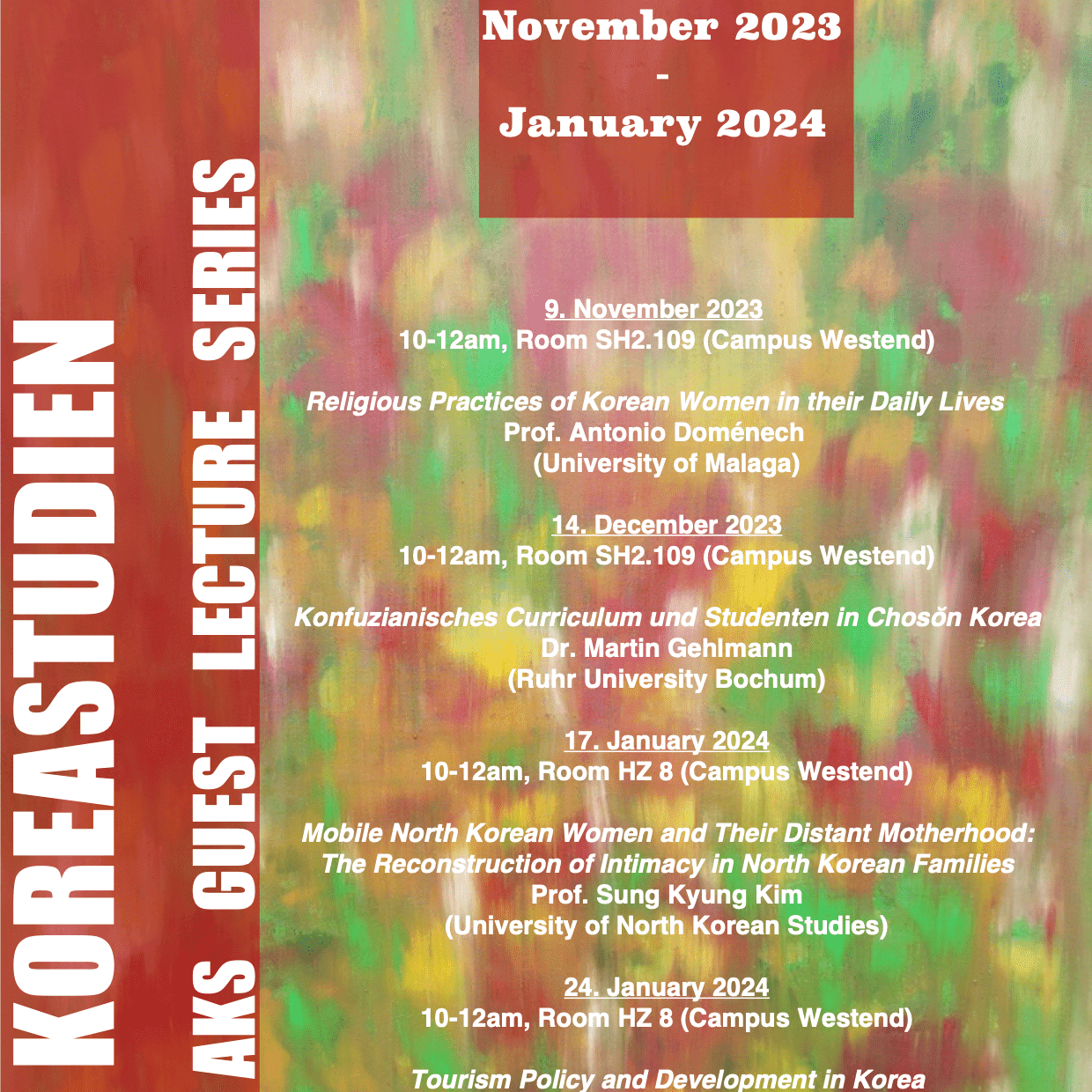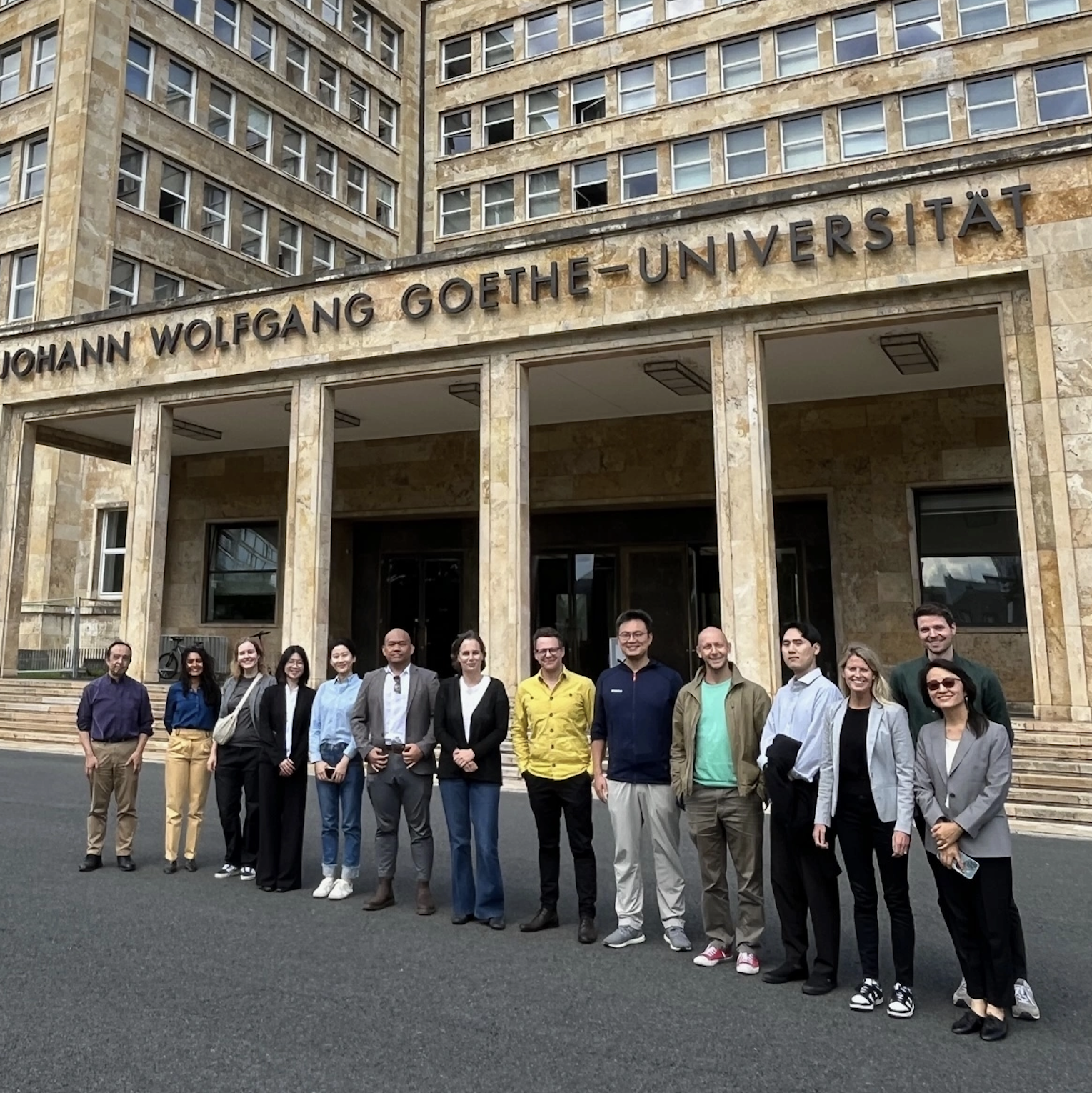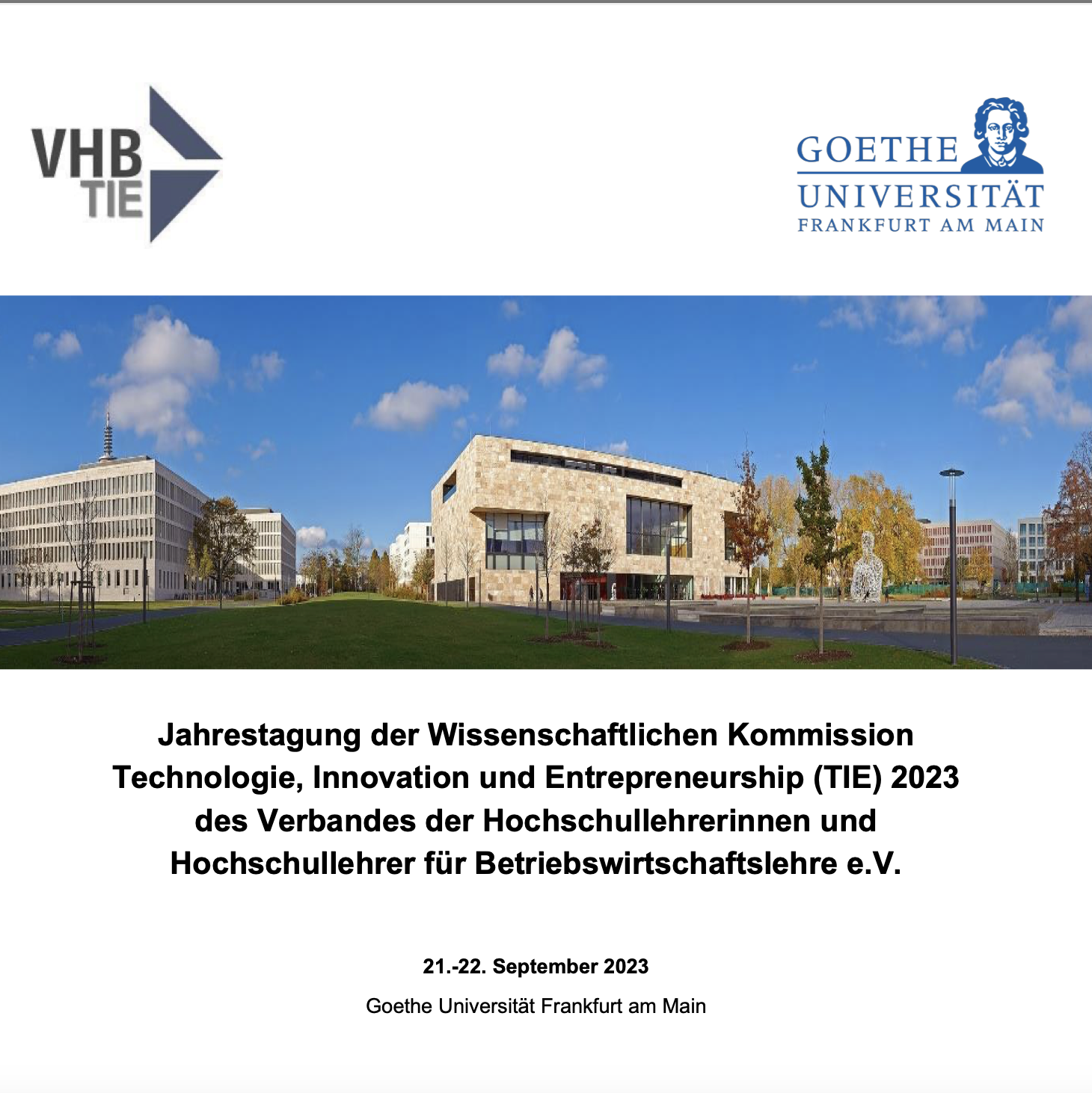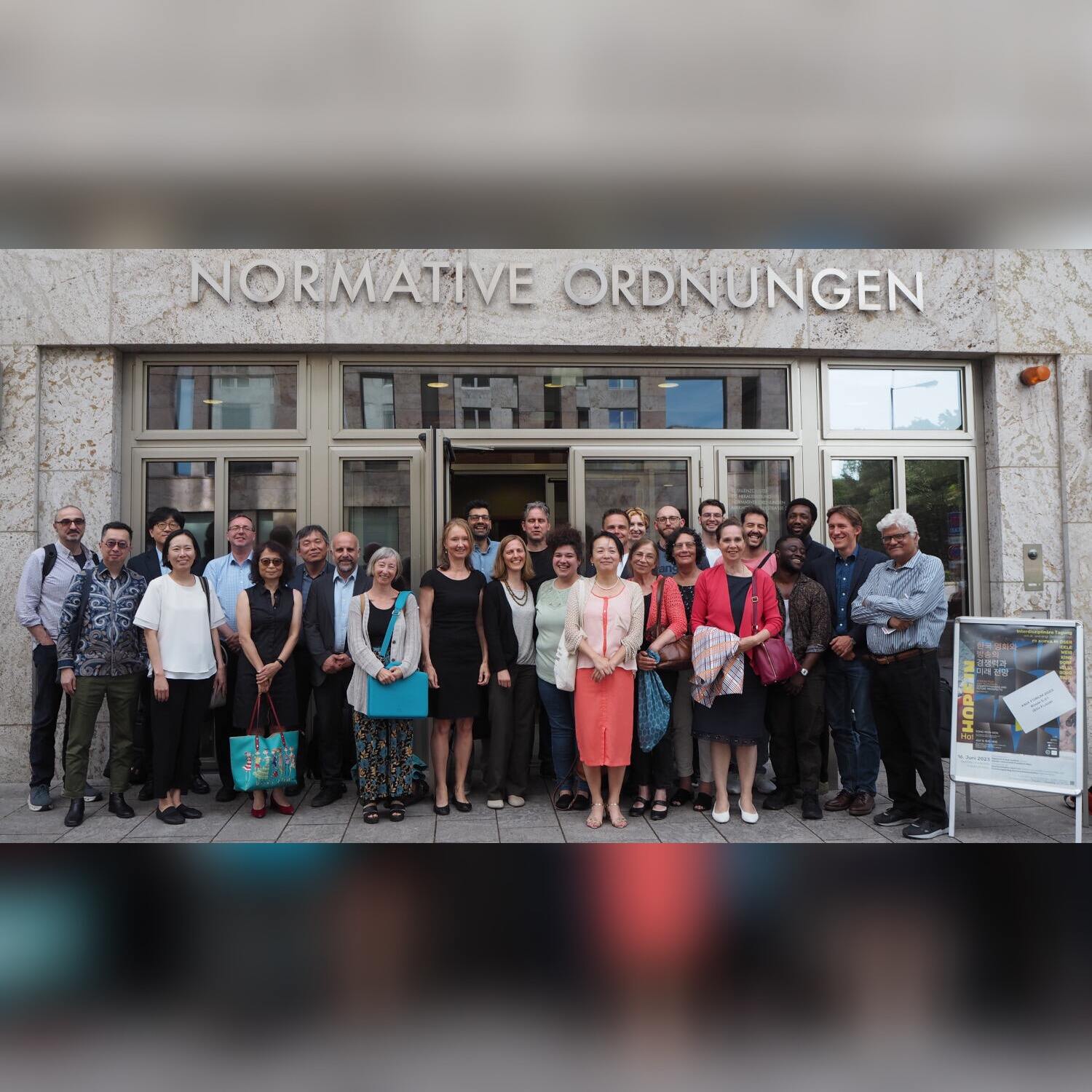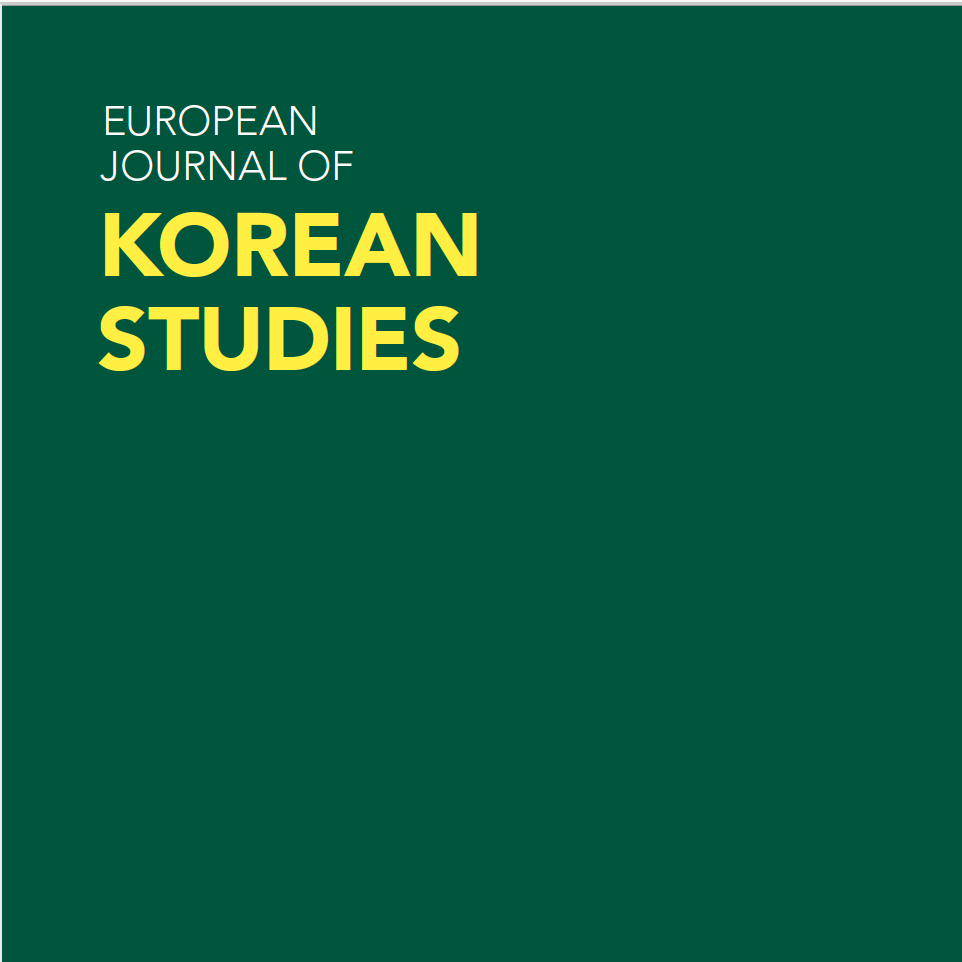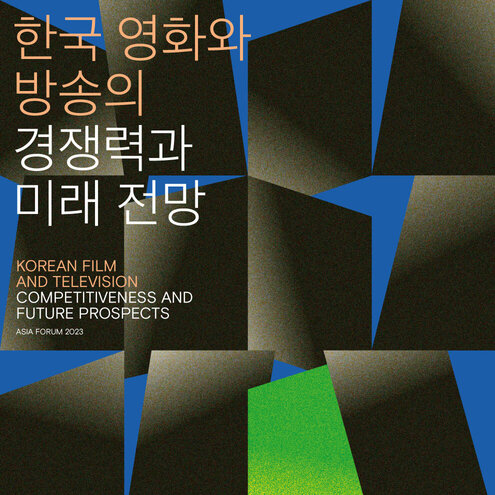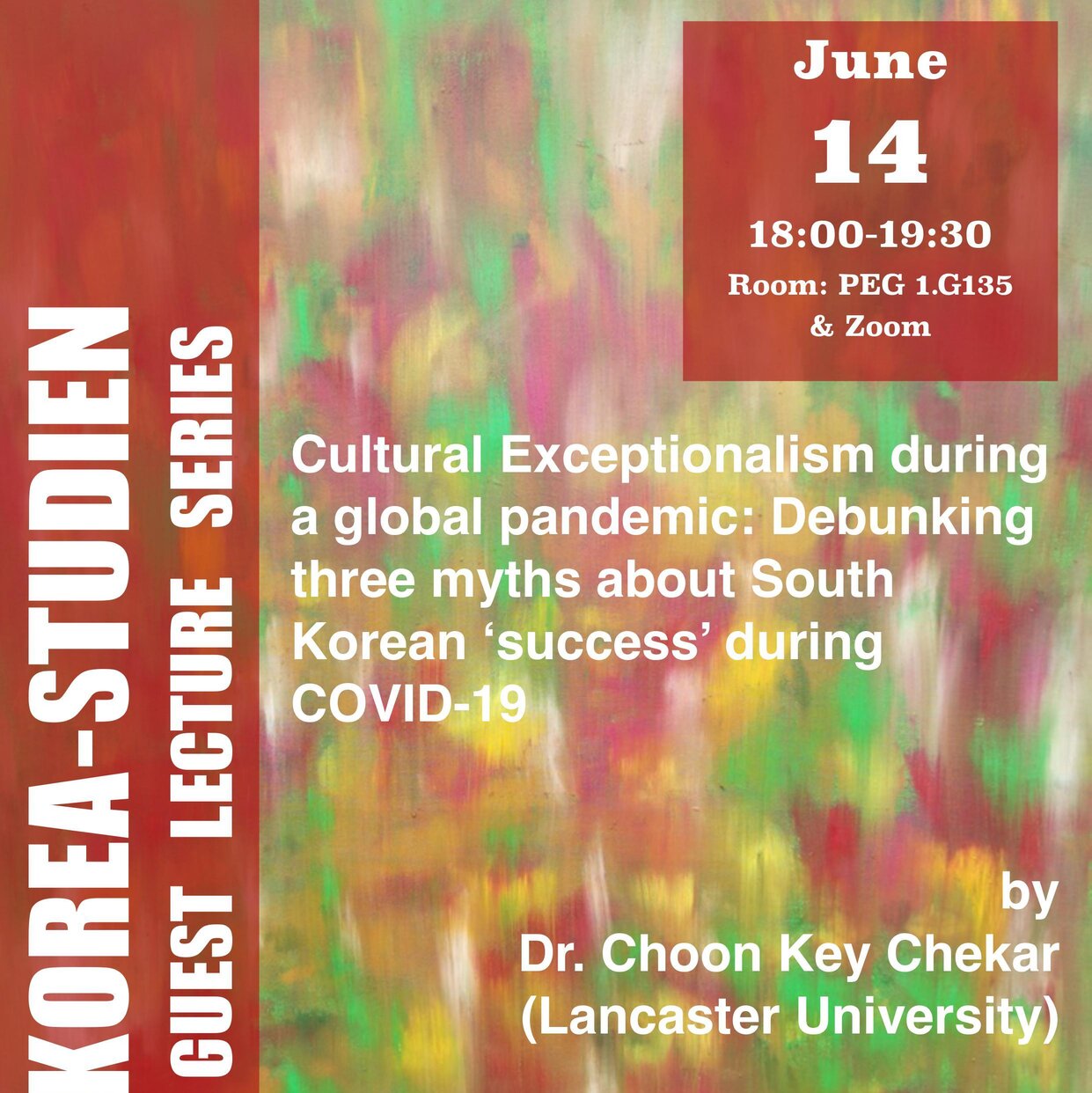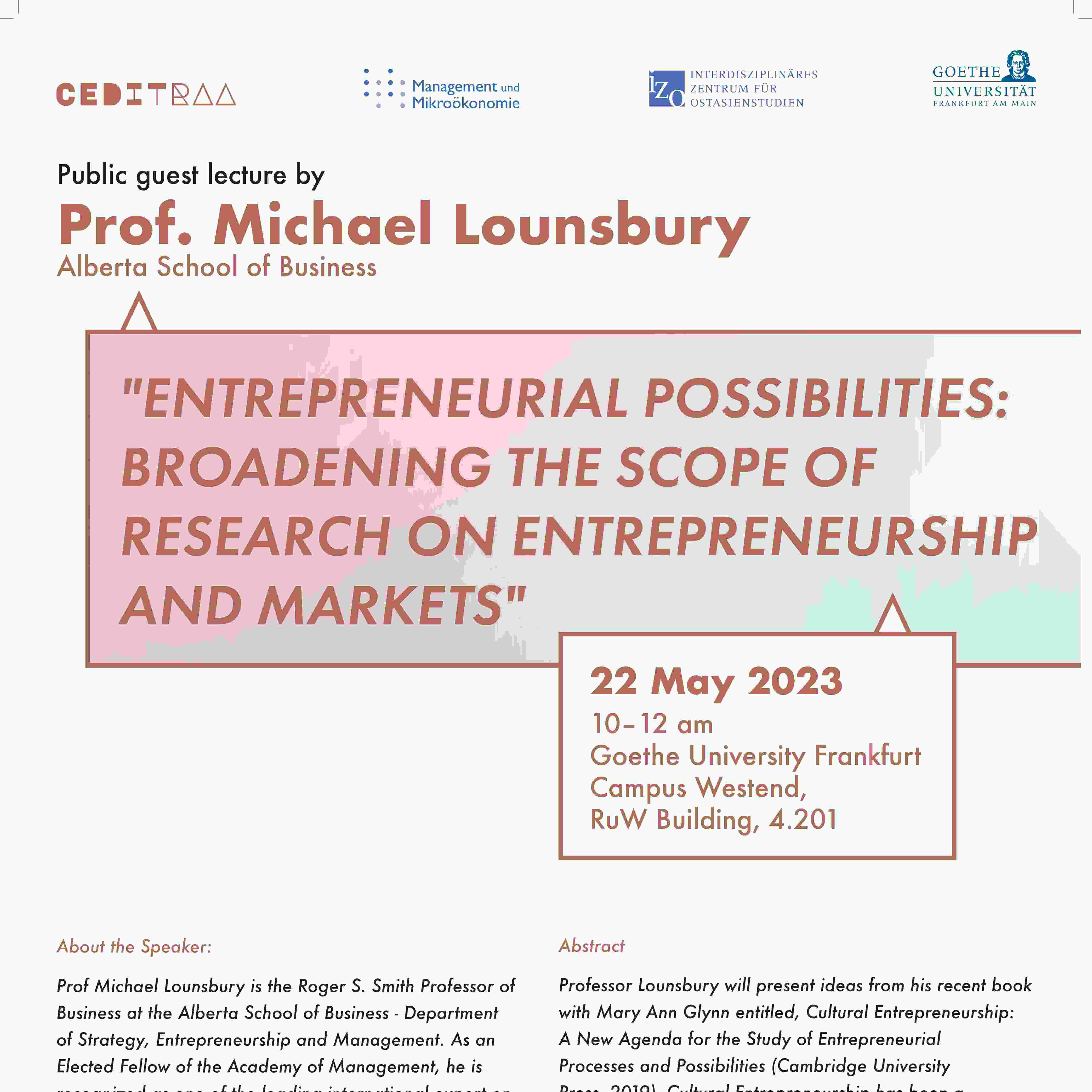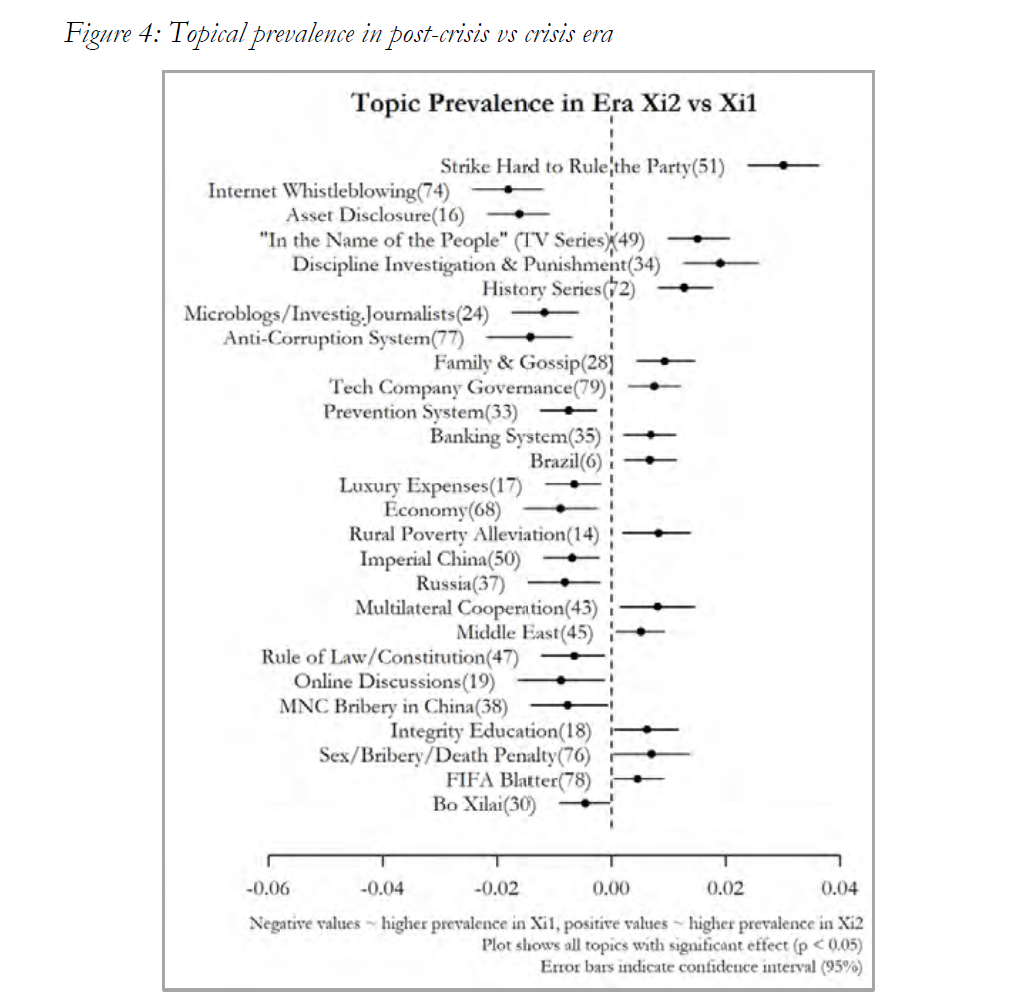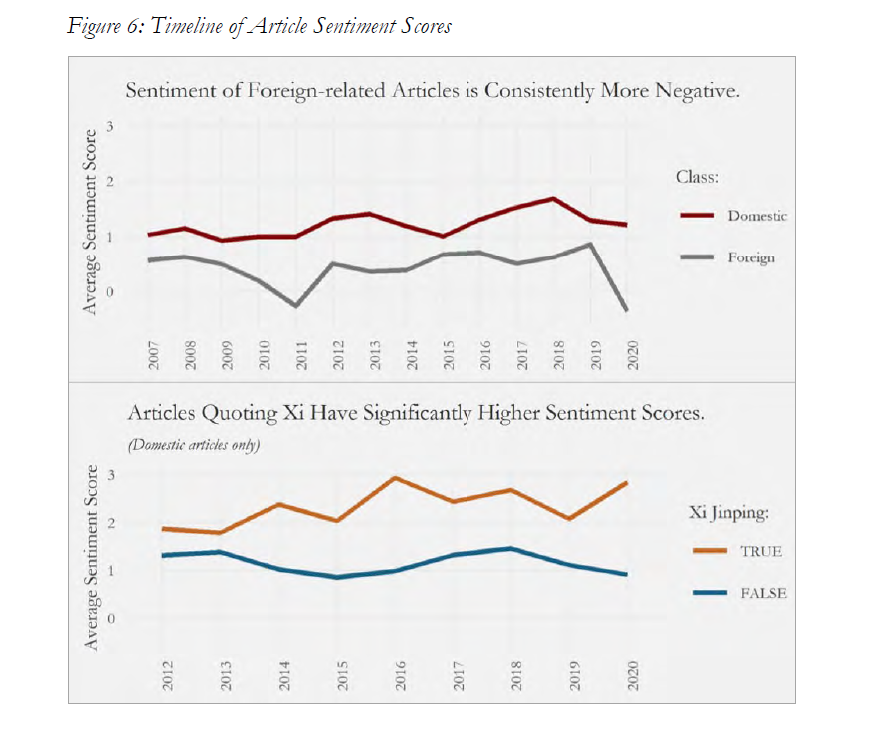News

on IZO events and publications.
on IZO events and publications.

on IZO events and publications.
on IZO events and publications.
Search for all News
Announcements

During his tenure as IZO fellow, Professor Gruber works within the framework of IZO’s research initiative on “Canonization and Innovation in East Asia”. His contribution to the research initiative explores the usage of canonization to delineate and dominate discourse and narratives and establish authority in favour of governments and other ruling groups in cultural heritage protection law, policy, and initiatives in East Asia. As cultural heritage is in many cases a highly contested and political concept, the ability to create canon is a very powerful tool. This applies particularly in culturally and politically diverse countries and regions, as it allows the dominant class to exclude the voices from other communities by defining what constitutes cultural heritage, establishing a dominant narrative, and hence influencing how the cultural and political landscape will be shaped in the future based on a selective perspective of the past. Such canon can then be moulded into law and policy to ensure its prevalence. Examples of such phenomena are drawn from several East Asian jurisdictions.
Dr Stefan Gruber is a law professor and is affiliated as a researcher with the Hakubi Center for Advanced Research at Kyoto University and the Institute for Advanced Social Sciences of Waseda University in Tokyo. Previously, he was a member of the Faculty of Law of the University of Sydney and continues to teach and research at universities in China and across the Asia-Pacific. He is further active as a legal practitioner and consultant to governmental, non-governmental, and international organisations, and is a member of the World Commission on Environmental Law. He was educated at the Universities of Sydney, Frankfurt, Mainz, and at Harvard Law School, and holds degrees in law, philosophy, and political science. His current research concentrates on cultural heritage protection, sustainable development and environmental law, public international law and politics, the illicit trafficking of cultural property and other forms of art crime, Asian law and society, and human rights. Prior to his current fellowship, Professor Gruber was the Goethe Law Visiting Professor in 2019 and a fellow at IZO as part of the “Protecting the Weak” project in 2016.
Announcements
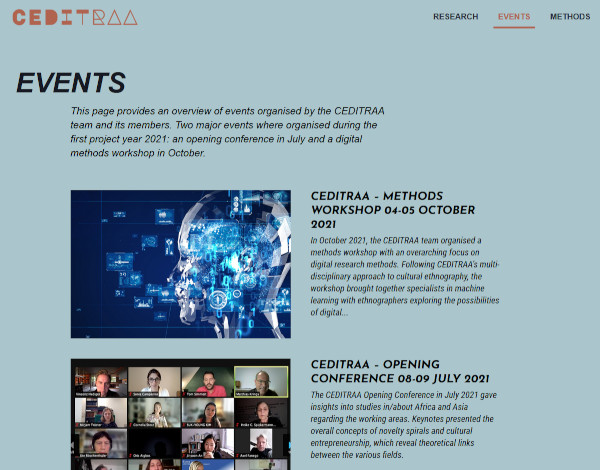
Check out the new project website at www.ceditraa.net for current insights into the IZO joint research project Cultural Entrepreneurship and Digital Transformation in Africa and Asia.
In addition to detailed reports on the two major Events to date - the Opening Conference in July and the Methods Workshop in October 2021 - the website features extensive information on the four research areas as well as the individual projects carried out in Frankfurt, Mainz and Lagos (Research). Moreover, the Methods section presents the different methodological approaches employed by the participating researchers to study the concept of Cultural Entrepreneurship especially in Korea and Nigeria
In the course of the now beginning (field) research, regular updates on individual research activities can be found in the News section. Most recently, CEDITRAA researcher Artemis Saleh reports on her first CEDITRAA field trip to Lagos and her meeting with the project partners from Pan-Atlantic University.
Current Research
Current Research, February 2022
Bertram Lang on China's Anti-Corruption Policy as Fragile Crisis Management
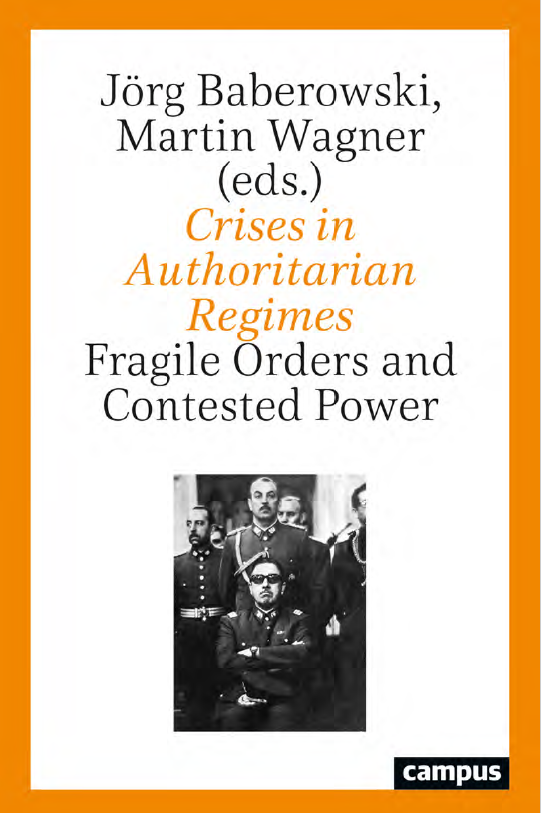
Based on quantiative text analysis of 6,957 articles published on the topic in Chinese newspapers, Bertram Lang analyses the trajectory of Chinese anti-corruption policies and discourses since the late Hu-Wen era until today. Using topic modeling and sentiment analysis, he shows how corruption was constructed as an existential crisis immediately before and after Xi's ascent to power and how domestic and international cases of corruption are treated in systematically different ways in Chinese media. At the same time, the analysis also elucidates the severe problems in framing anti-corruption during Xi's second term, where news reports strike and increasingly fragile balance between announcements of success and calls to persevere in a 'heroic' fight. Initially vocal voices calling for the institutionalisation of the anti-corruption struggle based on rule-of-law principles have been gradually muted over the past years.
IZO Events
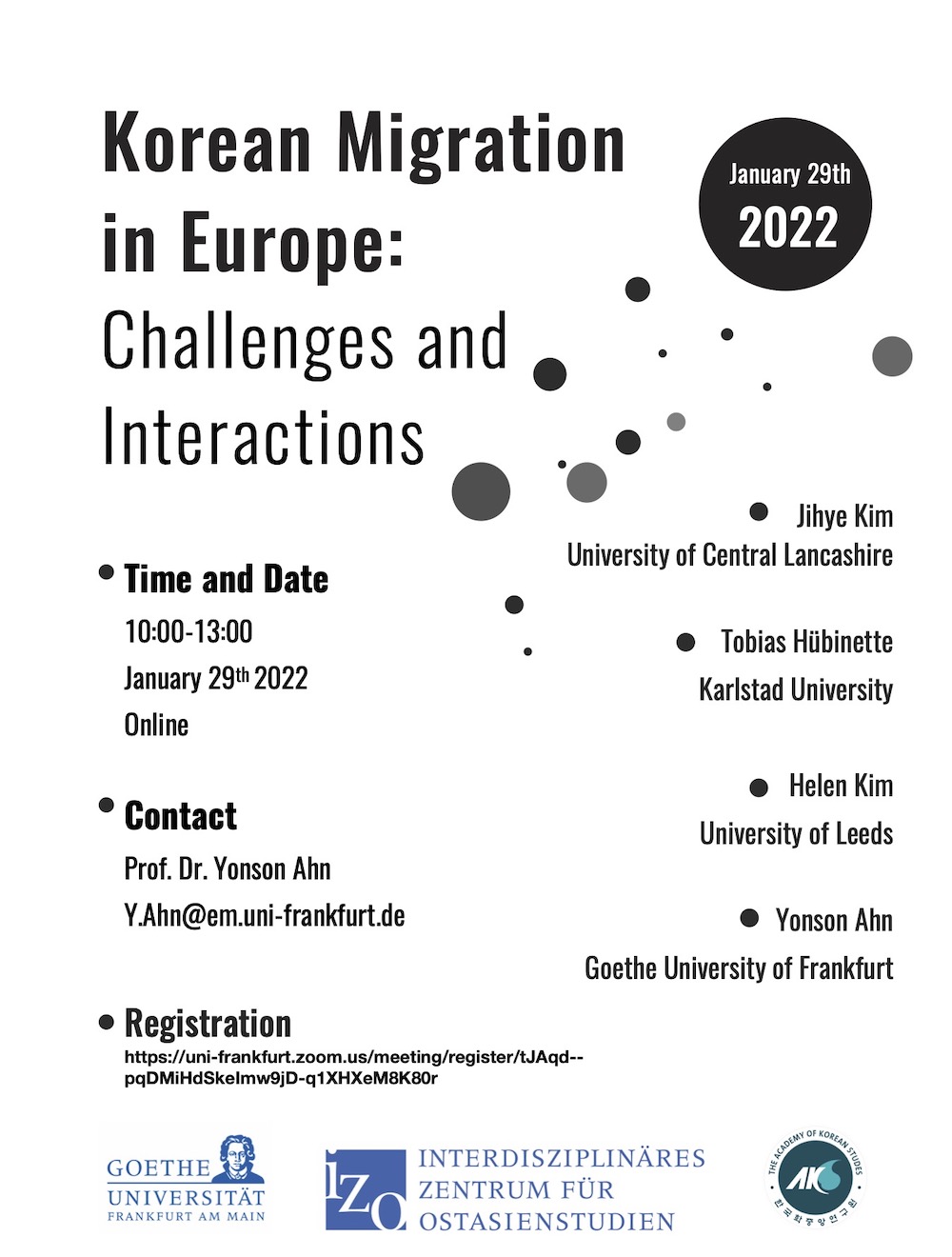
- “Overseas Korean adoption and the birth of Swedish color-blindness” (Tobias Hübinette)
- “Migrant maternal practices of Korean healthcare workers in Germany” (Yonson Ahn)
- “Invisible boundaries: the experiences and relationships of North Korean migrants with South Korean migrants in the UK” (Jihye Kim)
- “Embracing the Funk: the rise of ethnic food – kimchi - in London” (Helen Kim)
Current Research
Current Research, January 2022
Iwo Amelung Examines Yellow River Hydraulics Financing During the Late Imperial Period.
In his paper on “The Cost of Security. Financing Yellow River Hydraulics during the late Imperial Period", Iwo Amelung investigates the effect of paternalistic views at the Qing court, inspired by Confucianism, on financing hydraulic projects on the Yellow River and on the Great Canal. On the basis of a detailed study of the existing documents he shows that expenditures for hydraulic engineering constantly increased well into the 1840s and eventually amounted to more than 20 per cent of the total expenditure of the central government. While research in the past generally assumed that the high costs of hydraulics were due on the one hand to ecological factors and on the other hand to administrative corruption and inefficiency, Amelung shows that the fiscal catastrophe was due mainly to the desire of the Qing emperors – and specifically of the Kangxi and Qianlong emperor – to bring as much relief to the peasant population as possible in accordance with the image of the “provisioning state" (von Glahn). The fact that after the relocation of the river bed in 1855 the responsibility for the control of river and canal was transferred to the regional administration can thus also be interpreted as an attempt to free the Qing state from financial burdens that were ideologically motivated. This was only partially successful and in fact it was no longer of great urgency because the Qing state in the last years of the empire managed to broaden its fiscal basis by introducing Lijin and the highly efficient maritime customs service. The restraint of the central government also implied a diminishing moral commitment from the state which added to the de-legitimization of the imperial government during the final phase of the empire.
Iwo Amelung, “The Cost of Security. Financing Yellow River Hydraulics during the late Imperial Period", in: Iwo Amelung, Bertram Schefold (eds.), European and Chinese Histories of Economic Thought Theories and Images of Good Governance, London: Routledge 2022, pp. 33-46, DOI https://doi.org/10.4324/9780367434496
Announcements

The project Cultural Entrepreneurship and Digital Transformation in Africa and Asia (CEDITRAA), jointly organised by Goethe University Frankfurt and Johannes Gutenberg University Mainz, has received funding by BMBF since April 1st 2021. Despite restrictions due to the pandemic the research team can look back on a first year of great activity.
The opening conference was organised primarily by Prof. Matthias Krings (Ethnology) and Prof. Tom Simmert, both University of Mainz. The subject of Cultural Entrepreneurship was approached from various angles, for instance in a talk given by the renowned institutionalist Michael Lounsbury from the University of Alberta.
A digital workshop, organised by Prof. Cornelia Storz in cooperation with Egbert Amoncio and the IZO Academic Coordinator Bertram Lang on 4 and 5 October, brought together experts from Europe, Asia and the United States who presented and discussed innovative methods of using digital sources. On Day One the focus was on machine learning and computer-assisted image and video analysis. On Day Two the emphasis was on digital and hybrid ethnography.
Alongside these main events the team of academics from the universities of Frankfurt and Mainz and colleagues from the Pan-Atlantic University in Lagos came together regularly at the virtual CEDITRAA Friday Meetings, which facilitate the general exchange of ideas among researchers and the presentation of one sub-project at a time, thus highlighting the many different methodical approaches to the East Asian and African cultural industries.
Announcements
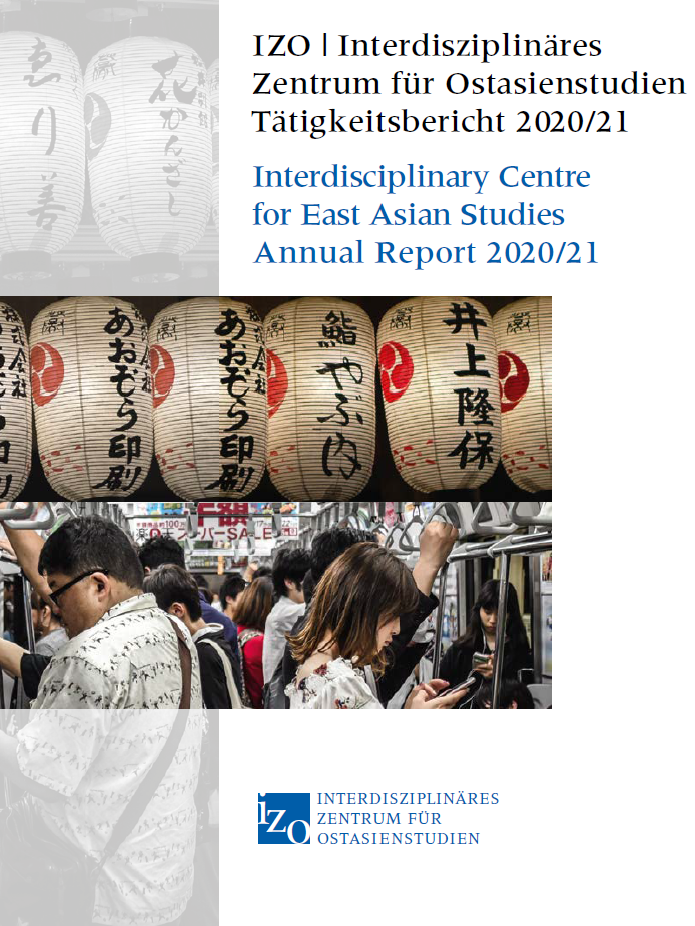
The time has come! The IZO is pleased to present the activity report of the academic year 2020/21 as an online version.
The difficult situation at the time of the pandemic has not prevented the IZO from continuing research and activities - albeit virtually - and the Center can look back on an eventful year. The following pages will give you an insight into the activities of the center under the difficult conditions of the pandemic.
The complete report in German and English can be downloaded here:
Current Research
Current Research, December 2021
Cornelia Storz Analyses the Chinese Ecosystem of Technology Transfer.
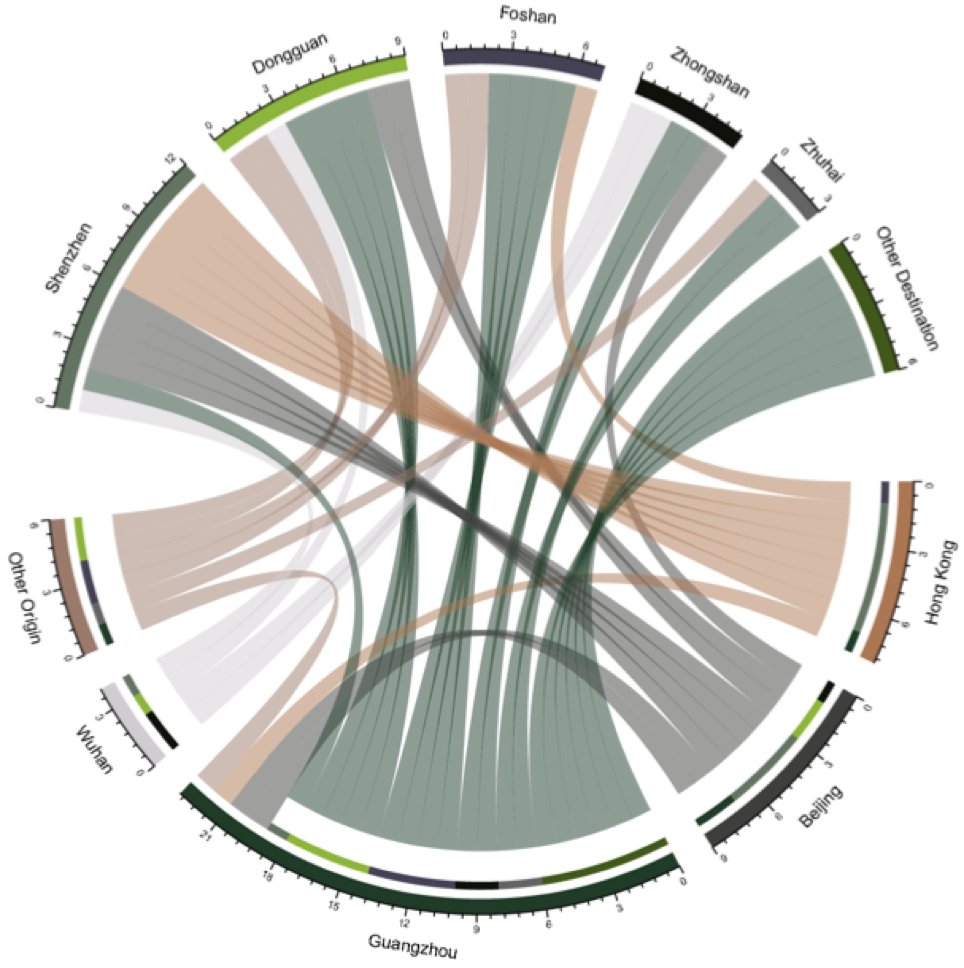
In November 2021 Cornelia Storz, together with Marcus Conlé, Henning Kroll and Tobias ten Brink, published an article in the Journal of Technology Transfer (JOTT). Technology transfer in Europe and Asia is a subject that receives much attention, especially from an economic and political perspective, because interesting transfer mechanisms have developed in these contexts. One instance is the University Satellite Institutes (USI), which feature large in China. Prof. Storz and her co-authors take a closer look at this contributor, which has been largely overlooked, taking as an example the situation in the Chinese province of Guangdong.
In the context of IZO research on Global East Asia, this project identifies an important mechanism largely neglected in innovation research, namely institutional proximity which helps to successfully implement technology transfer. This mechanism is shown to be of equal relevance to any successful innovation policy in our part of the world. JOTT was chosen advisedly for the publication of this article because of the journal's interest in both failed and successful policies of technology transfer. The article is an open access publication and is available under DOI (see below).
IZO Events
IZO Events
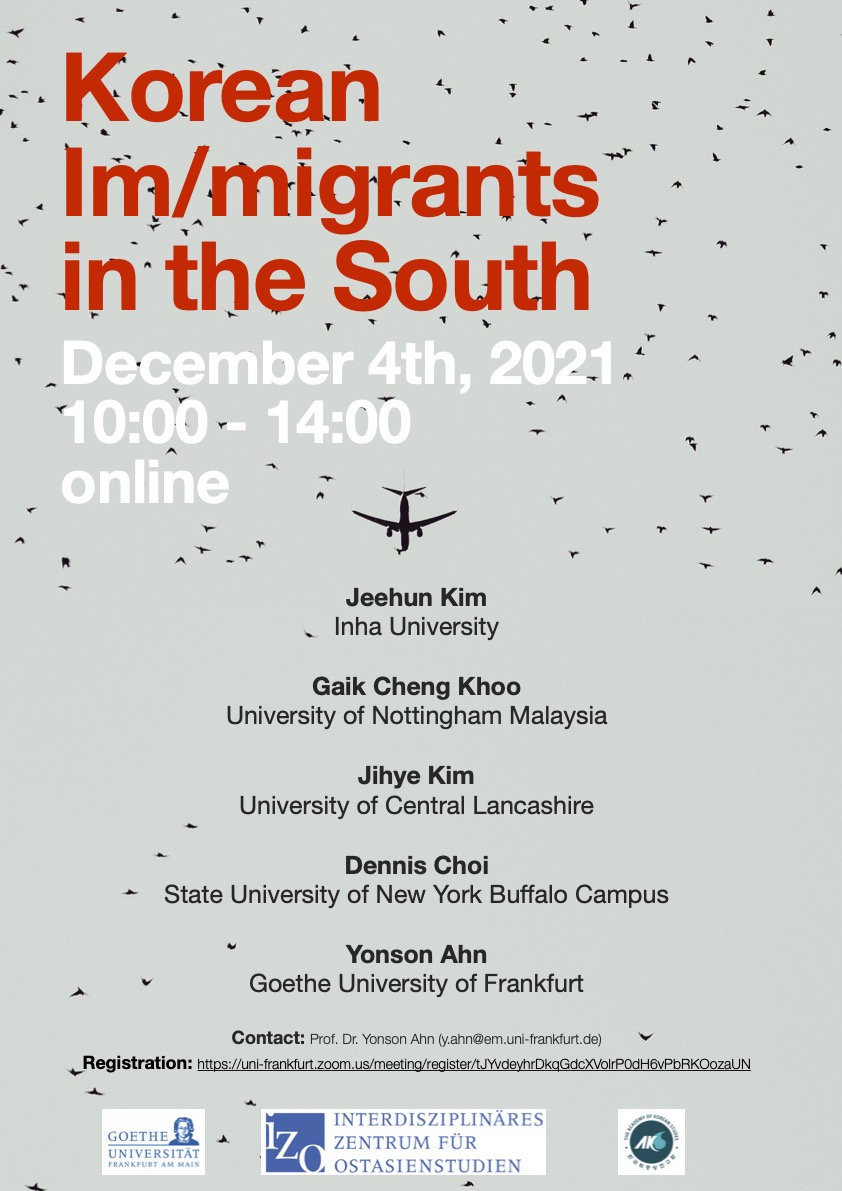
- “Koreans serving Koreans in Hanoi: Sojourning Expatriate Workers and the Ethnic Economy in a Globalizing City" (Kong Chong Ho, Hae Young Yun and Jeehun Kim),
- “Migration Trajectories of Korean Im/migrants in South Africa", (Yonson Ahn)
- “Kimchi in a Rojak Nation: Koreans in Malaysia" (Gaik Cheng Khoo)
- “Leaving the Church but Not the Community: Experiences of Second-Generation Korean Argentines Alienated from Ethnic Churches in Buenos Aires", (Jihye Kim),
- “The changing Korean ethnic economy and ethnic solidarity in Bom Retiro, São Paulo", (Dennis Choi).
- Studying at Goethe University
- International applicants
- Faculties
- Overview of study programmes
- Programme for refugees
- GRADE
- Goethe Business School (continuing education)
- Research at Goethe University
- Scientific news
- Goethe Welcome Center (for international researchers)
- Collaborative research projects
- Individual research
- Visiting fellowships
- Endowed chairs
- About the University
- News-in-brief
- University administration
- Campus locations
- Campus life
- University archives (German)
- Rhine-Main-Universities


